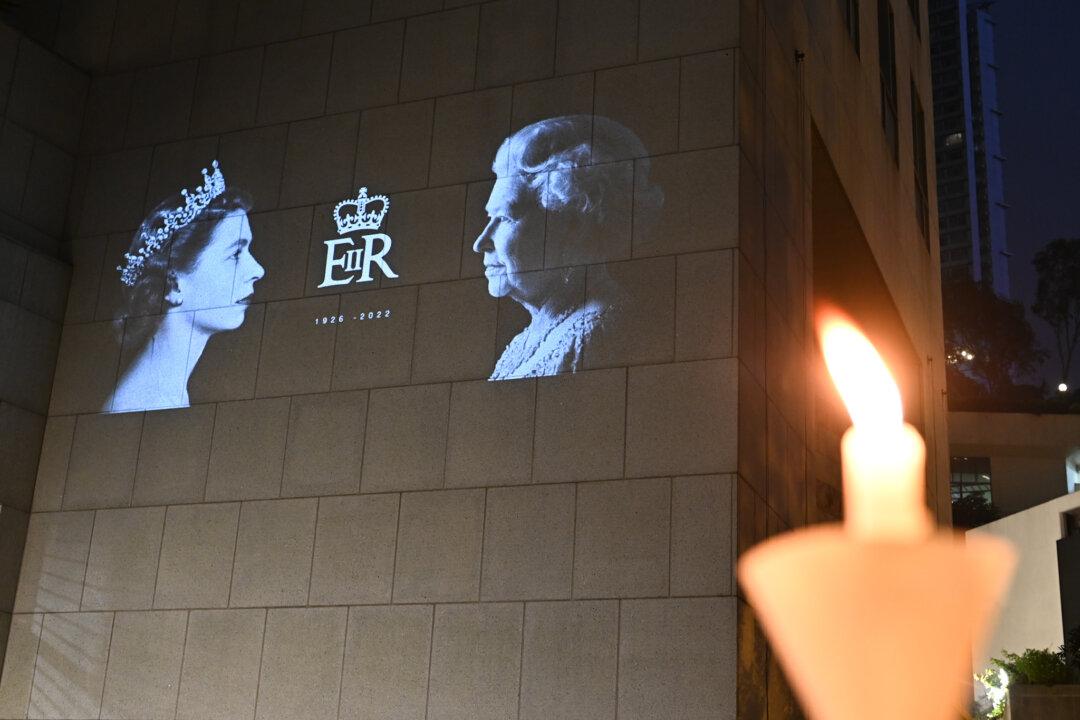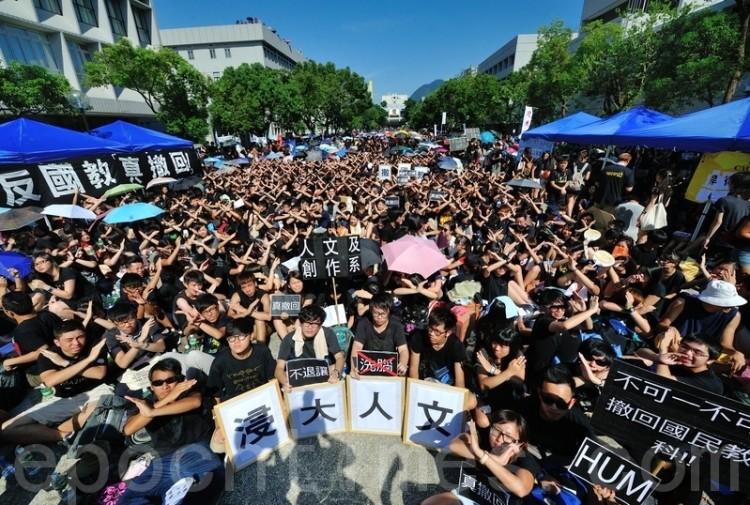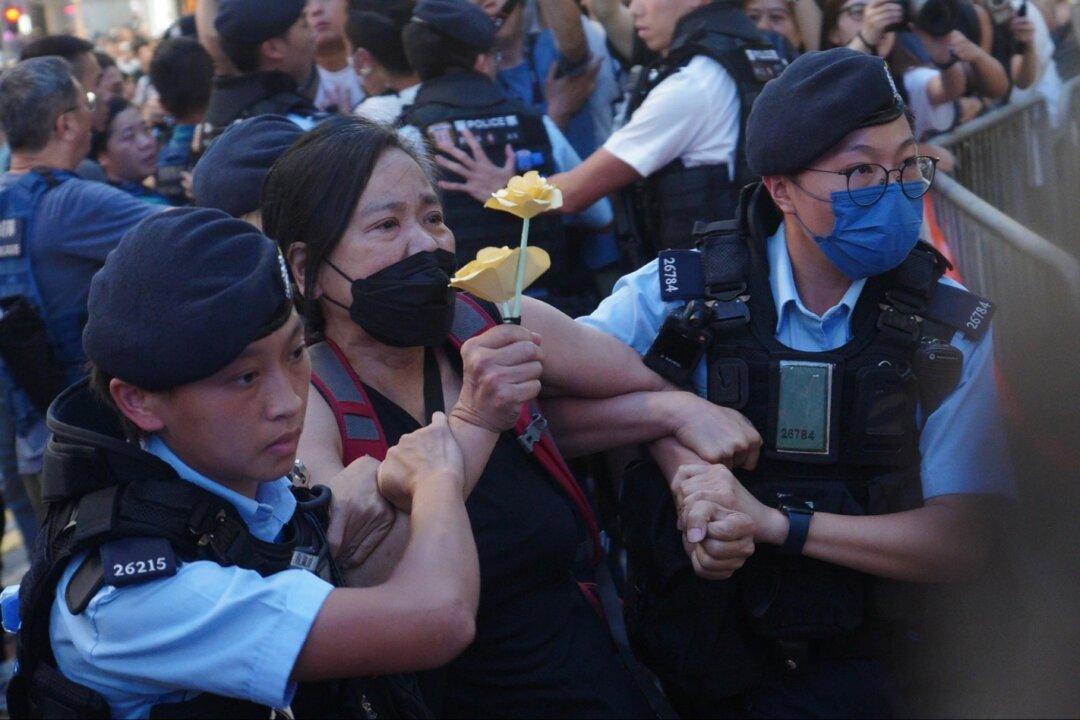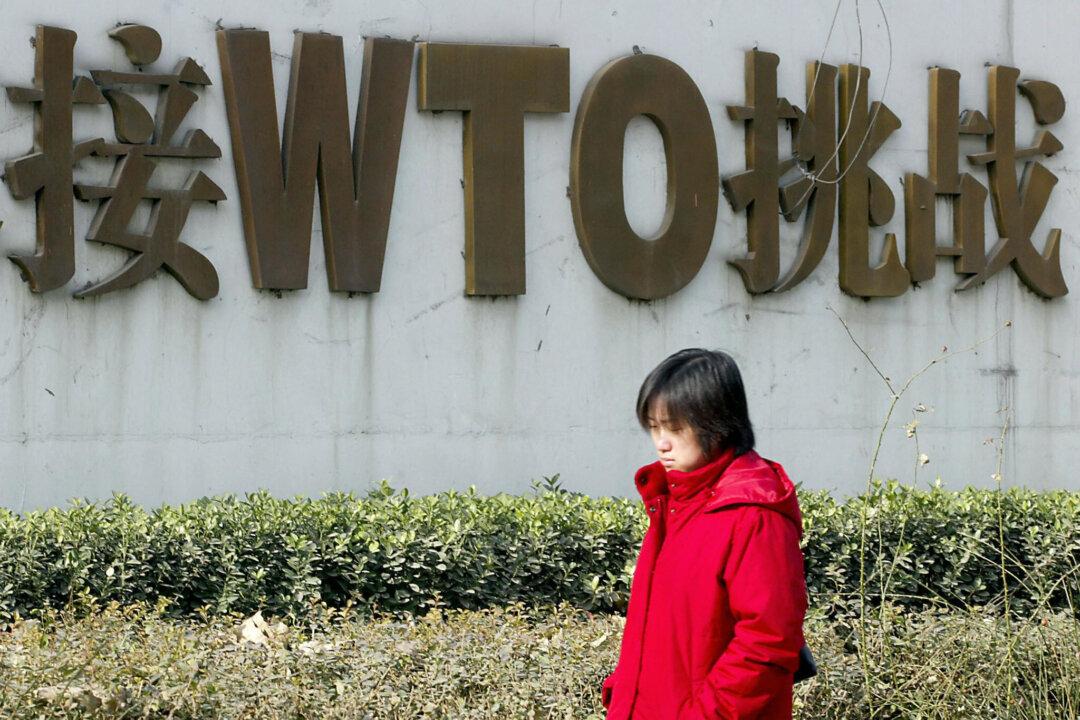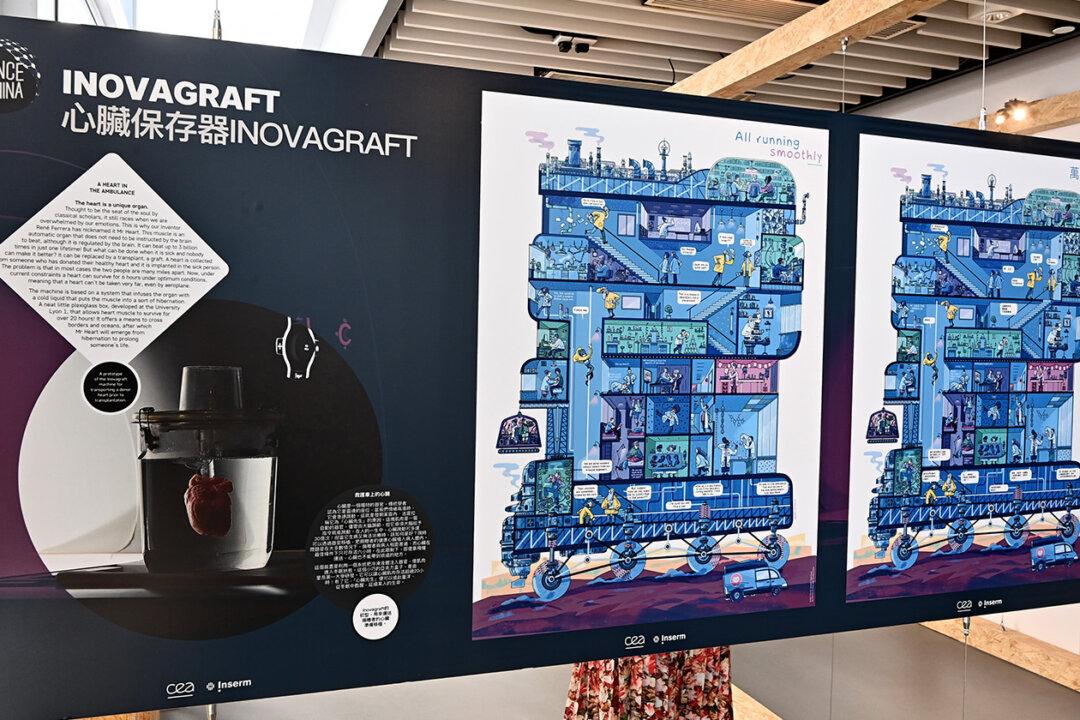Commentary
Hong Kong has long been regarded as ‘blessed’ (fudi), partially because political forces coexisted largely peacefully, despite occasional conflicts and struggles. This coexistence of peace and struggle is fully reflected in the death of leaders—Chiang Kai-shek (1975), president of the Republic of China; Mao Zedong (1976), chairman of the Chinese Communist Party and a founder of the People’s Republic of China; and Queen Elizabeth II (2022), who had reigned Britain for 70 years and served as a symbol of colonial Hong Kong. Hongkongers express their condolences according to their political beliefs, and this is an indicator of freedom in Hong Kong.
